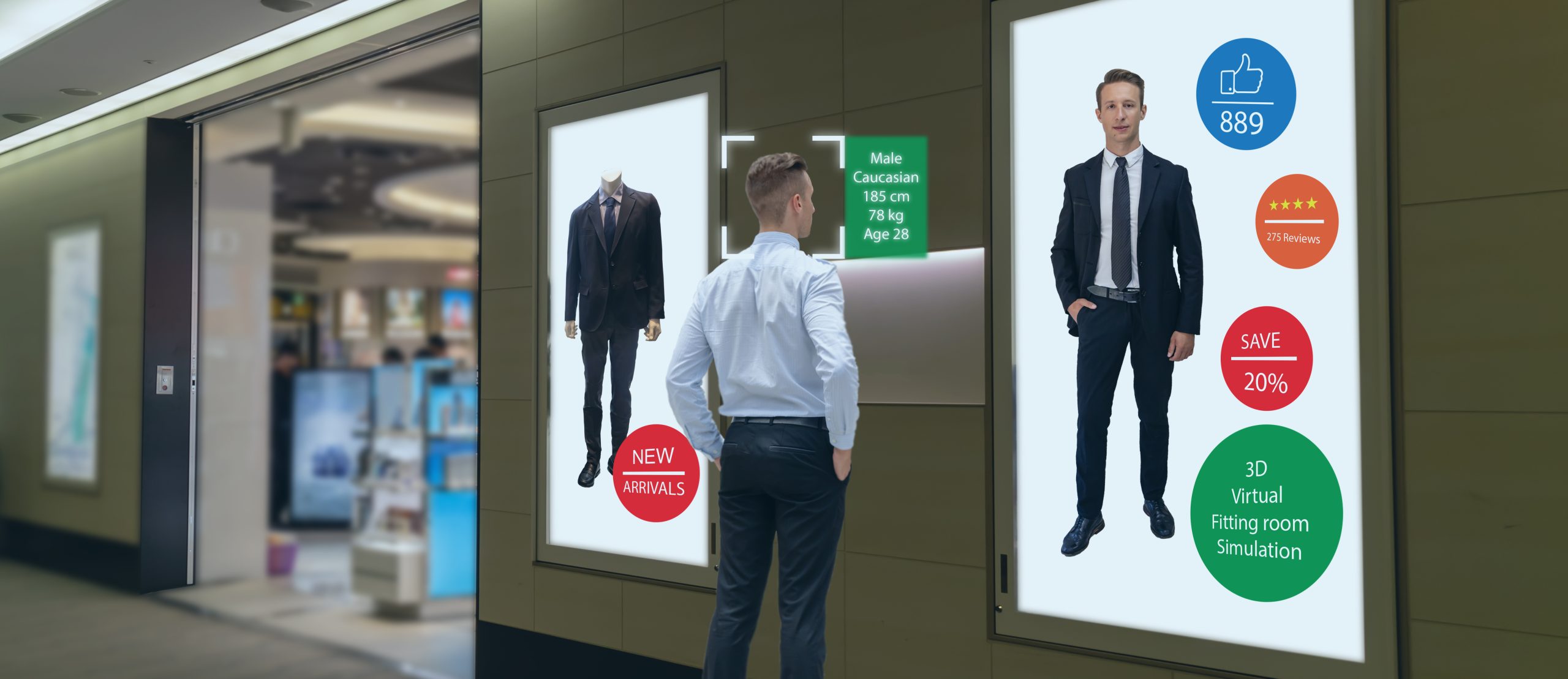The retail industry is constantly evolving, and one of the most significant changes in recent years has been the integration of AI and machine learning into in-store marketing. These technologies are revolutionizing the way retailers approach customer engagement, personalization, and overall sales strategy.
One of the most significant benefits of AI and machine learning in in-store marketing is the ability to personalize the shopping experience for each individual customer. By analyzing customer data, such as purchase history and browsing behavior and by integrating store profiling software, brands can tailor their marketing efforts and in-store promotions to specific demographics. This not only improves the customer experience, but it also leads to increased sales and customer loyalty.
Another way in which AI and machine learning are revolutionizing in-store marketing is through the use of virtual and augmented reality. These technologies allow brands to create immersive and interactive shopping experiences that engage customers and increase brand awareness. For example, a clothing store could use virtual reality to allow customers to virtually try on different outfits, or an electronics store could use augmented reality to showcase the features of a new product.
AI and machine learning are also being used to optimize in-store operations and logistics. For example, by analyzing customer data, retailers can predict which products will be in high demand and plan their inventory accordingly. Additionally, these technologies can be used to optimize store layouts and product placement, leading to increased efficiency and higher sales.
Machine learning and AI are also having significant impact on customer service and store operations. Retailers are now using chatbots and other AI-powered tools to provide customers and store operations with quick and accurate information about products and promotions. Imagine being able to use a chatbot or even voice to confirm the reorder of an in-store fixture. AI and machine learning algorithms will help automate and streamline store operations.
Finally, AI and machine learning are also being used to improve the overall security and safety of retail stores. Brands can use these technologies to monitor customer behavior and identify potential security threats, such as shoplifting. Additionally, retailers can use AI-powered cameras and other surveillance tools to improve employee monitoring and training.


